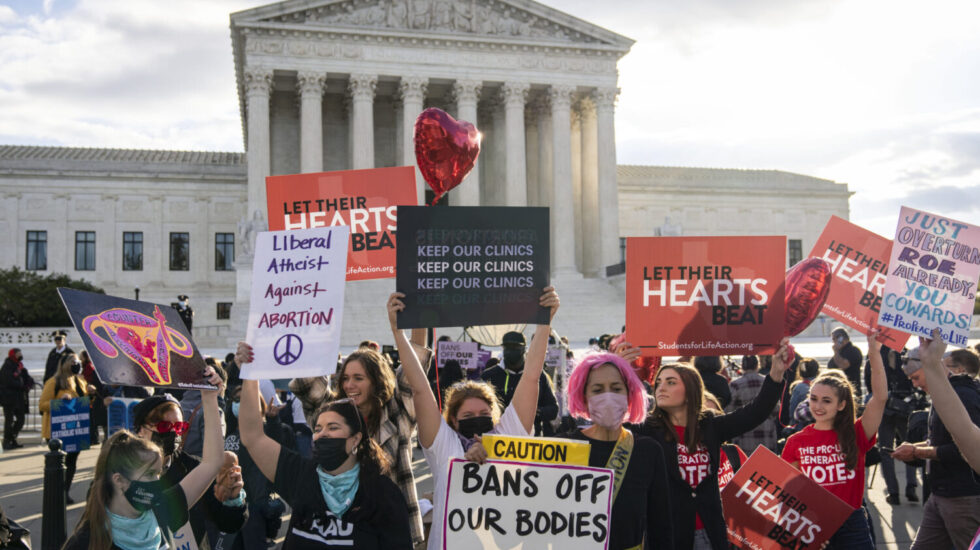The controversial Texas abortion law, known as S.B. 8, was before the Supreme Court on Monday. The new law has the most severe abortion restrictions of any in the country, and after hearing arguments, even conservative justices appeared skeptical that the law can’t be challenged in court.
[Justice Brett] Kavanaugh seemed troubled by the possibility that allowing the Texas law to remain in effect could lead other states to pass laws that would intrude on various rights protected by the Constitution — one of the key arguments the abortion clinics challenging the law put forward when asking the court to strike it down.
Kavanaugh theorized that a left-leaning state could offer a $1 million bounty against those who sell an assault rifle, like an AR-15, then claim it wasn’t using state power because only private parties could bring the suits.
Meanwhile, another Donald Trump appointee, Amy Comey Barrett also had issues with the Texas arguments.
Barrett, meanwhile, focused on a provision in the Texas law that limits which legal arguments alleged abortion facilitators can make to defend themselves when sued under the statute. She noted that the law seeks to block defendants from arguing to state judges that allowing members of the public to collect thousands of dollars in damages over someone’s abortion could chill others seeking to obtain or provide abortions.
Meanwhile, the Washington Post writes the Biden administration argued “Texas law conflicts with a constitutional right established nearly 50 years ago in the landmark Roe v. Wade case.”
Elizabeth B. Prelogar, the U.S. solicitor general, argued that “no constitutional right is safe” if justices allow the Texas law to stand. But conservative judges sharply questioned Prelogar about the rationale for the administration’s request to block the law.



